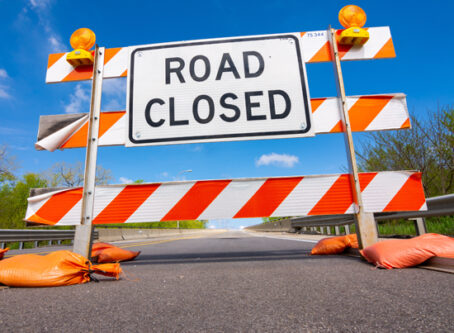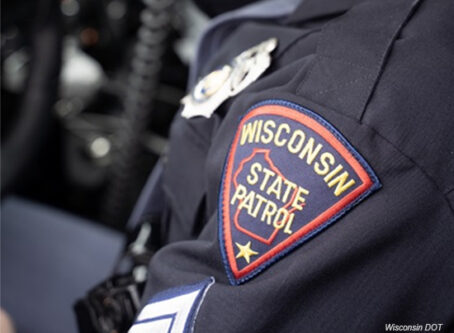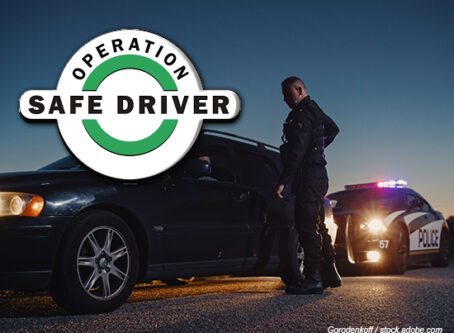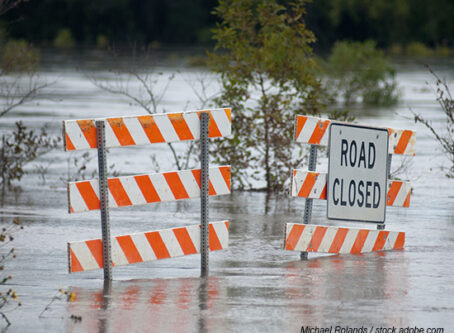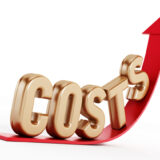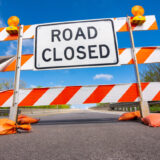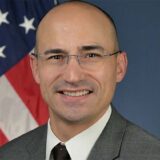San Francisco area locales to vote on road aid
Voters in and around the San Francisco area will decide next month on questions to benefit projects that include transportation-related work.
In the city of San Francisco, one ballot question covers bonding to help address concerns about health, homelessness, parks and streets.
Passage of Proposition A would authorize borrowing to cover $487.5 million in work for up to 30 years. Specifically for roads, passage would fund $41.5 million in street resurfacing, curb ramps, and plazas.
San Francisco Mayor London Breed’s office points out the city is responsible for more than 1,200 miles of streets, about 50,000 curb ramp locations, 371 street structures, and nine plazas “which are heavily used and have longstanding deferred maintenance needs.”
Advocates add that the city’s most recent 10-year capital plan identifies a deferred maintenance backlog of $799 million for streets and general fund facilities.
Opponents say the San Francisco cannot afford to take on extra debt that would result from borrowing. They say the total cost in interest and principal for borrowing $487 million would be $960 million.
A two-thirds supermajority vote is required for the measure to pass.
Marin County
Two locales in Marin County, which is across the Golden Gate Bridge from San Francisco, will have questions on the Nov. 3 ballot to raise more than $4 million for purposes that include road work.
In the city of San Rafael, Measure R will ask voters whether to raise the 9% local sales tax by 0.25% to 9.25%. The increase is estimated to raise $3.4 million annually for nine years. Funds would be made available for projects classified as “general purpose,” including the repair of city streets and potholes.
California law states that any specific tax must win two-thirds voter support for passage. Locales are able to get around the supermajority threshold by applying a sales tax increase for general purposes that include public safety, street maintenance, transportation services, and affordable housing.
The threshold to approve tax changes for general purposes is a simple majority.
Voters in the city of Novato will decide on a general purpose tax increase. Passage of Measure Q would raise the 10% hotel/motel tax by 2% to 12%. The increase is estimated to raise $400,000 per year for purposes that include street repair. There is no sunset date.
Measure Q would apply new revenue for work that includes repairing streets and potholes.
Sonoma County
A countywide question on Sonoma County’s fall ballot will ask voters whether to extend a one-quarter-cent sales tax to fund road and infrastructure projects. Sonoma County is north of San Francisco.
First approved by voters in 2004, the sales tax is credited with funding work that includes widening Highway 101 from Petaluma to Windsor. The tax is set to sunset in March 2025.
Measure DD would use tax revenue for purposes that include pothole repairs, congestion relief, and reducing greenhouse gas emissions.
The tax is estimated to raise $26 million each year.
About 40% of the revenue would be earmarked for roads and pothole repairs. The remaining revenue would be used to aid alternatives to driving and to address climate change concerns.
The collection of the tax would end in 2045, unless voters approve another extension.
A two-thirds supermajority vote is required for the measure to pass.
In the city of Sonoma, voters also will decide whether to continue the collection of a 0.50% sales tax for general city services that include street maintenance. The city now collects an 8.75% sales tax.
Measure V is estimated to raise $2.58 million annually.
A simple majority vote is needed for passage. If the question fails, the collection of the current tax is set to end in Sept. 2022.
Elsewhere in the county, the following locales have sales tax questions on the ballot:
- Cotati: Measure S would extend the collection of a 1-cent sales tax. The tax is estimated to raise $2.2 million yearly for projects that include street and pothole repairs. Failure to approve an extension would result in the tax expiring in 2023.
- Petaluma: Measure U would raise the sales tax by a penny. The tax is estimated to raise $13.5 million annually for projects that include street and pothole repair. The tax would have no sunset date.
- Santa Rosa: Measure Q would combine two one-quarter cent sales taxes into a one-half cent sales tax. The new tax is estimated to raise $18 million each year for projects that include street and pothole repair. The tax would be collected for 10 years.
Each measure requires a simple majority for passage.
Contra Costa County
Voters in three cities in Contra Costa County will decide on tax changes that would benefit roads.
The city of Concord’s ballot will ask voters whether to extend and double the sales tax from 0.50% to 1%. Measure V is estimated to raise $27 million annually for purposes that include street and pothole repair.
There is no end date attached to the ballot question.
Failure to approve the ballot question would result in the current sales tax ending in March 2025.
In the city of Richmond, voters will decide whether to overhaul the collection of a business tax that benefits general services that include street and pothole repair.
Passage of Measure U would repeal the current business license fee structure and replace it with a business license tax.
The current business tax is based on the number of employees. The ballot question would instead charge businesses 0.06% to 5% of gross receipts.
The change is estimated to raise an additional $5.95 million year for a total of $9.45 million.
The ballot in the city of Orinda will include a question to increase the one-half cent sales tax to 1 cent.
Measure R is estimated to raise $2.4 million annually for purposes that include public street maintenance.
The tax would continue to be collected for 20 years after the current tax rate’s scheduled 2023 expiration.
Santa Clara County
Ballots in two Santa Clara County locales will include questions to raise revenue for purposes that include roads.
- City of Santa Clara: Measure E will ask voters whether to increase the hotel tax rate up to 4%. The increase is estimated to raise $7 million annually for essential city services that include roadway improvements. The tax would have no sunset date.
- San Jose: Measure H would increase the 15% cardroom tax by 1.5% to 16.5%. The increase is estimated to raise $15 million yearly for projects that include street repair.
Both tax questions require simple majority support to pass.
Additionally, voters in Mountain View will decide whether to prohibit parking of oversized vehicles on streets 40 feet or less in width.
Measure C would apply the ban to vehicles that include large trucks, recreational vehicles and boats.
Critics say the effort is intended to outlaw vehicle-dwelling homeless from the town. Instead, they want the city to take an alternative path to addressing concerns about homeless residents. LL
